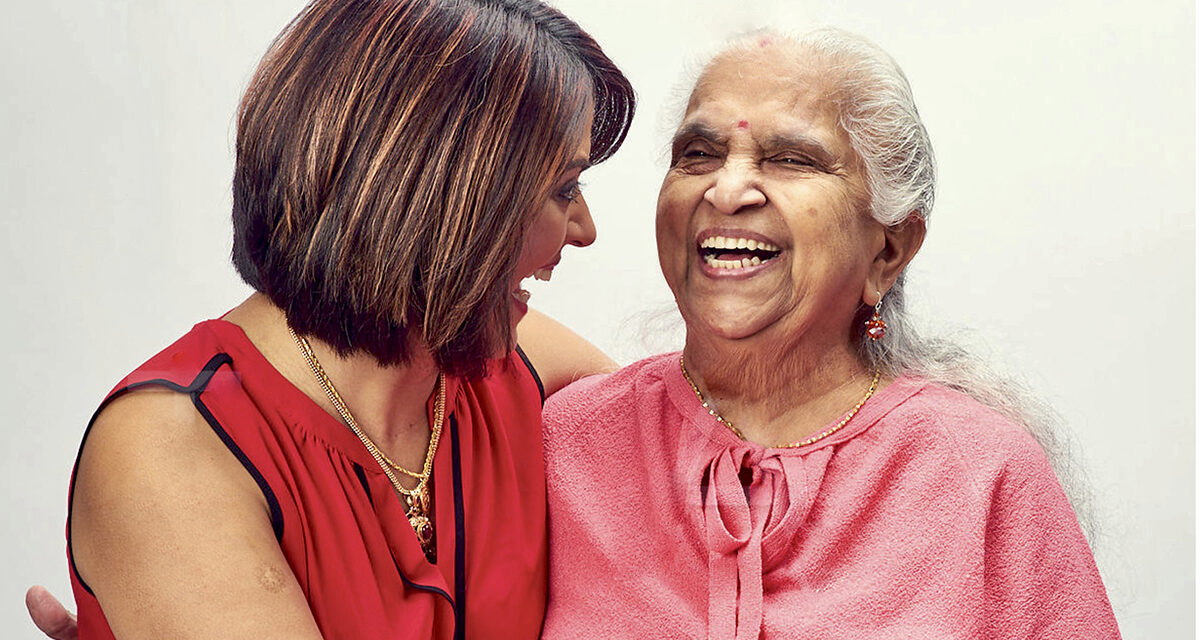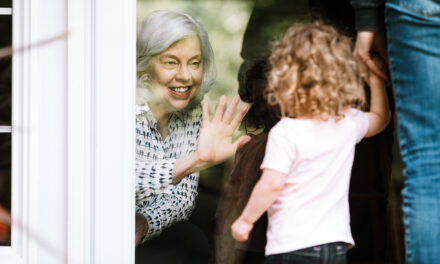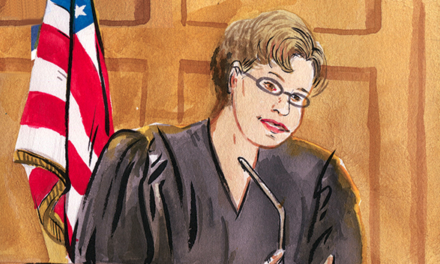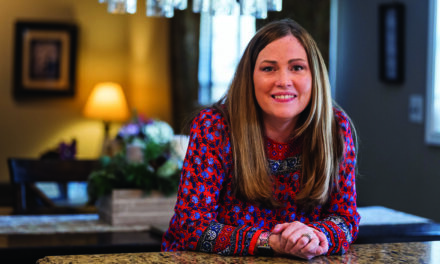As I grieve the loss of my mom, I’m learning to ask for help, maybe for the first time.
Several years ago, after a battery of tests, doctors informed me (with many apologies) that my mom—the person I was closest with in the world—had late-stage cirrhosis of the liver that was rapidly accelerating, and with no invasive treatment, her prognosis was grim. Maybe she had a year to live, they said. How could this be? This was a person who never had a drink in her life. I later learned that the most common causes are viruses or hepatitis.
Gripped with fear and a leaden heart, I left my corporate job. I told friends, family, and colleagues it was to pursue a life as an entrepreneur. That was true, but what I didn’t share was that I was terrified to lose my mom. I had already been caring for her for years, I knew her medical needs were about to accelerate, and I wanted to be with her as much as possible.
But these last 4 years, as I grew my business, juking and dodging my way around my mom’s doctor’s appointments and hospital stays, I kept my struggles mostly to myself. Even through the pandemic, during which I stored my mom in bubble wrap to keep her from getting sick, I was intent on projecting strength. Culturally and personally, I have been putting on a strong front. It is all I’ve ever known.
Meanwhile, my mom kept beating the odds. Year after year, treatment after treatment, she kept fighting. And she kept living.
Then, last month, my mom declined with breathtaking speed. One minute, I was calling her each day to hear her call me “Diku” and end our visits with her responding “after awhile, crocodile” as I walked out of her room, and the next doctors were telling me to consider hospice care.
On February 15, the purest and most joyful soul I’ve ever known died in my arms. As I grieve her loss, that armor I’ve worn all these years personally and professionally has simply melted away, and my friends and colleagues are seeing me at incredible lows. I am leaning into my loved ones in ways I never have before. So as I grapple with the pain of her loss, the beauty of vulnerability is shining through, like one last gift from my mom, a ray of light (her name means “bright sunshine”).
I am learning it is okay to ask for help or at least to show that I am hurting. To be candid, this is still a work in progress because I have been conditioned to project joy and happiness, even when it doesn’t match how I truly feel. Even as I write this, I am grappling with guilt as my brain tells me that Mom is better off now that she isn’t suffering.
Now that it has been a few months, and the messages and cards are slowing down, I am still deeply hurting. My partner calls it the “lasagna affect” (when the community brings food and gifts immediately after a loss, but then you are left to battle the grief with less support as time goes by). And that’s what I’m doing: battling. Grief is a formidable opponent. But here’s what I know for sure. I am going to continue to “do my best” (my mom’s final coherent words) to stand in my truth because that’s how I want to live my life. So if you ask me how I’m doing and I answer, “Not so good,” don’t be alarmed. I’m just being real.
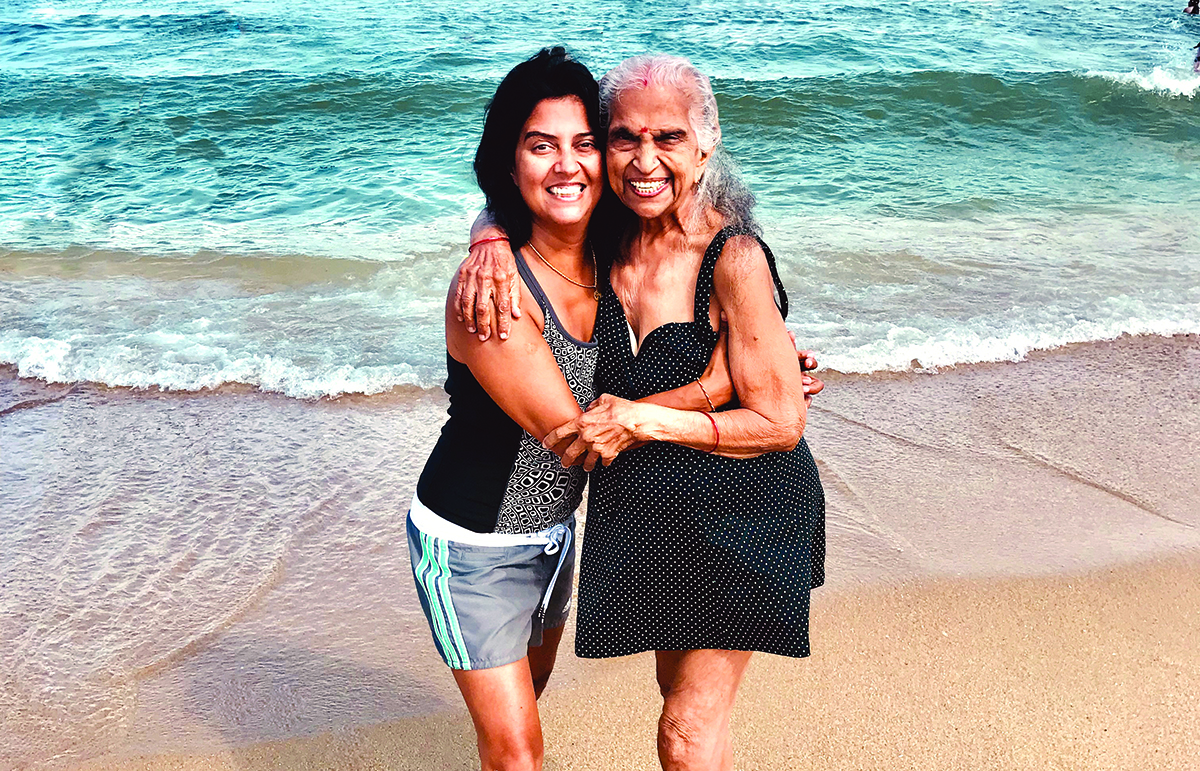
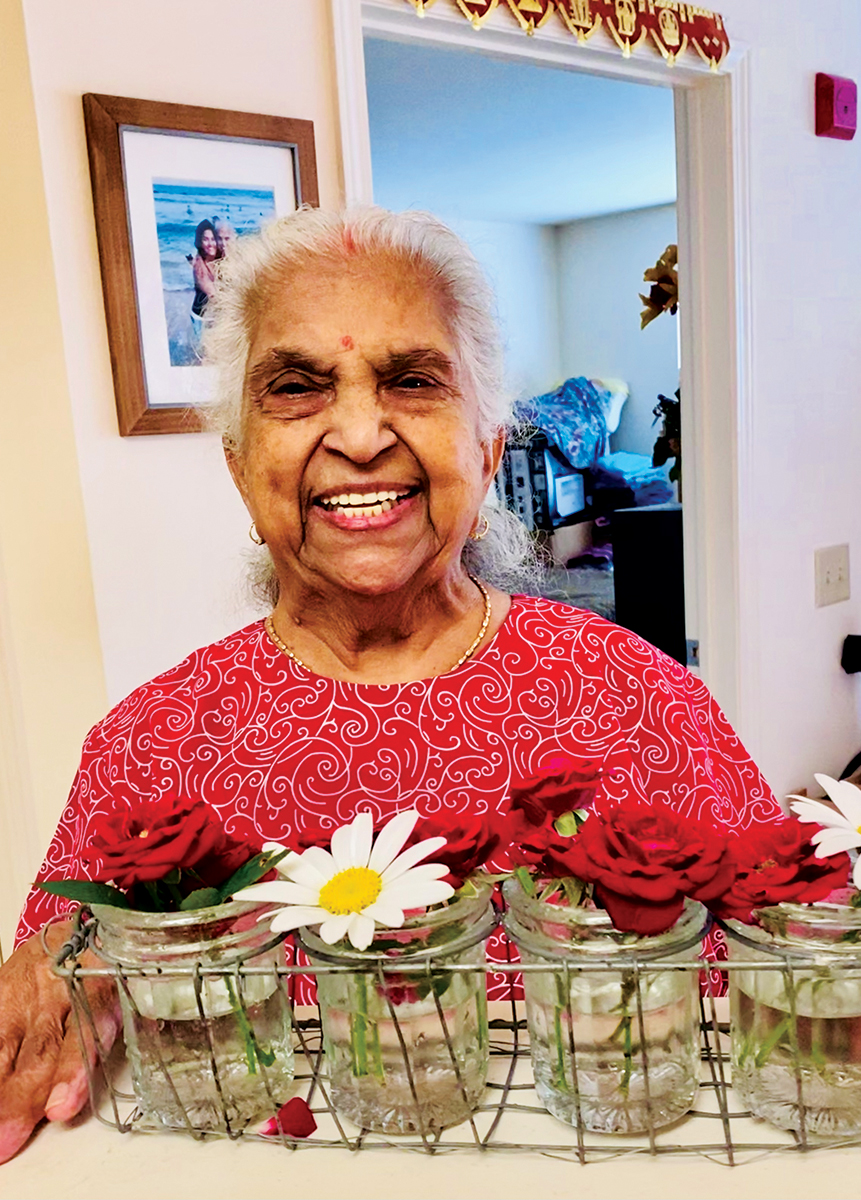
As I grapple with the pain of her loss, the beauty of vulnerability is shining through, like one last gift from my mom.
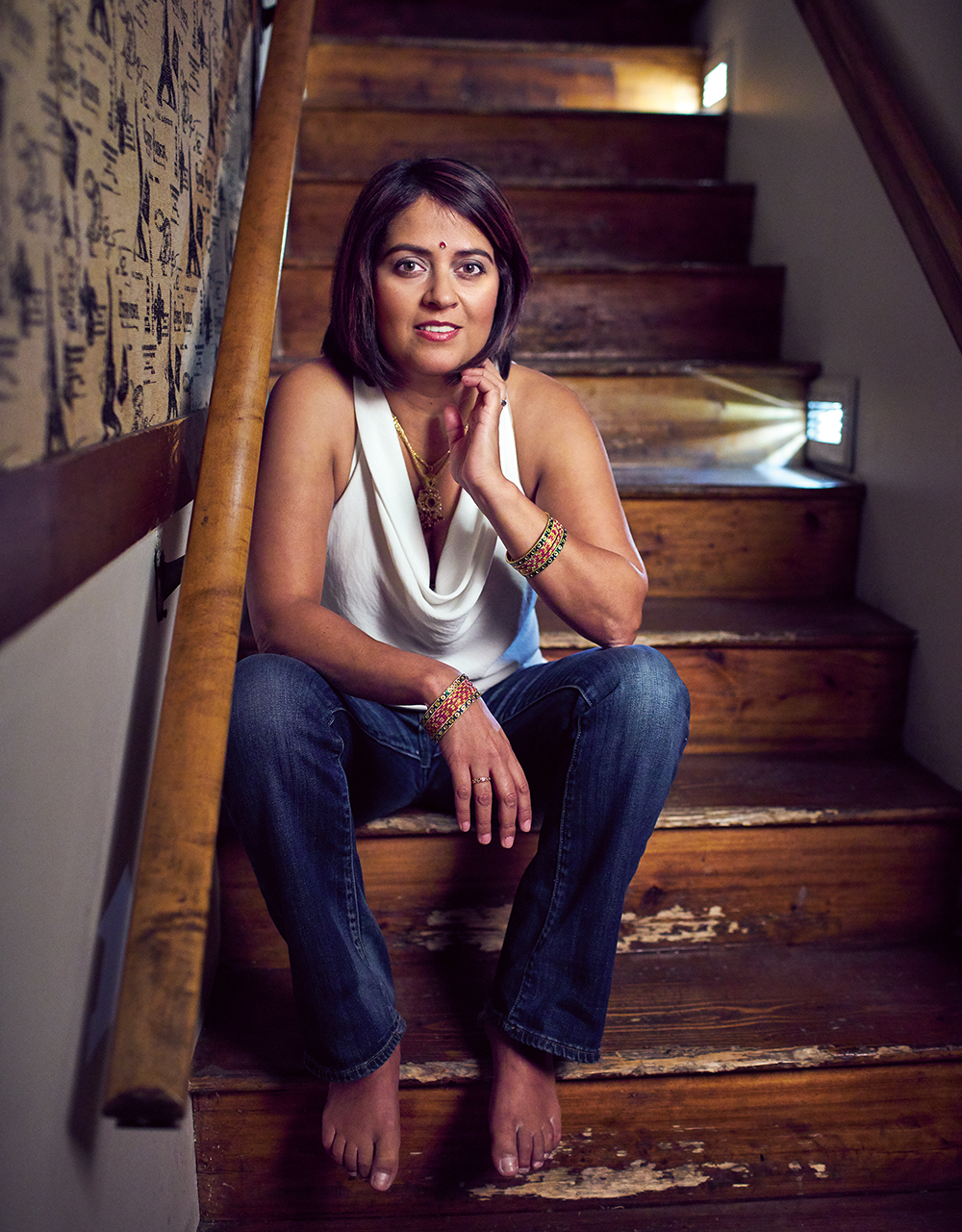
For more authentic leadership advice for women at work, or just real life advice, visit Amita Mehta Possible.

